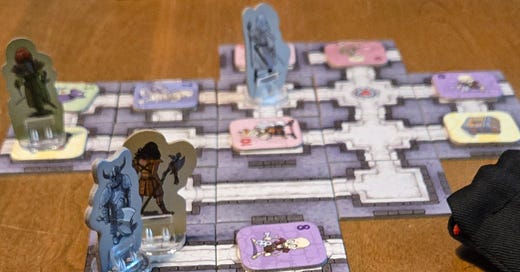Leaving the school after dropping off my kids, I walked past two mothers chatting in the school parking lot. One of them had her son with her, (probably 4 years old), and he was angry. He threw his pencil case on the pavement and hung his head low, fists tight. He refused to move.
Both women feigned concern. But then they started talking to him, tried to distract him by talking about his new boots.
“Oh, I like those. Those are so nice. Were did you get them.”
“Oh, we got them from Wal-Mart.”
“Oh, Wal-Mart! I love that. I love those. Those look so great. You look so great, don’t you, handsome?”
“They do look great.”
“Should I buy a pair?”
“Should we all buy a pair?”
“Yeah, we should all buy them, and then we’d all look as smart as you.”
The boy kept his head down. He kept his fists clenched.
Neither parent asked him what he was upset about. The focus was shifted. Boots. Wal-Mart. Handsome. Happy. The little boy didn’t say a thing.
It made me think about Elliot Roger’s manifesto. It’s a disturbing read, but has probably been one of the most insightful things that I’ve ever read. In it, there’s a part where he references being a little boy, and how all the older women in his life kept telling him that he was handsome and would get a lot of girls. He internalized that.
“You look so great, don’t you, handsome?”
My family started playing this boardgame called Karak. It calls itself a “tiny RPG”, aimed at kids 7+ (though I think younger kids could play it if they’re already familiar with board games.) You explore a dungeon, fight monsters, collect weapons, spells and treasures, all with the ultimate goal of finding the dragon and slaying it. I highly recommend it.
My family has played it a few times. My 5-year old son is addicted. He loves playing as the tough warrior characters, but he’s always setting his sights on slaying the dragon.
The other day, he got the strongest weapons and was in prime shape to win the game. Every turn, however, had him falling short of the 15 points he needed to roll to slay the dragon. His face got more and more distraught every time he failed. I really had to remain calm and keep him focused to reassure him.
“Now, you know you might not make it. Killing the dragon is hard. The odds are in your favor right now, but that doesn’t mean you’re going to win.”
He’d roll. He’d fall short. Then his face would crumple. Every turn, his eyes got redder. Eventually, he was crying, his face soaked with tears, fists jammed in his mouth. He became an absolute sniveling mess of a kid. We told him it’d be wise to take a break. He didn’t want to. I had to intervene. I gave him the choice of having his mental breakdown on the armchair or on the couch. He picked the couch, but he was so upset that couldn’t even get out of his chair. I offered to carry him. He hated that idea.
Eventually, he get off his chair himself, crawled army-style across the floor while sobbing. He got to the couch on his own accord.
It was a lot. For a while, he insisted he didn’t want to play anymore.
“You’re close, though,” I say. “You’re really close. You can finish the game. I can’t guarantee that you’ll win, but we might as well finish it, right?”
Eventually, he agreed. He came back. He won. He was stoked, and it was really rewarding to see the look of victory on his face.
The next day, we played Karak again. He came close to winning, but I ended up rolling high enough to slay the dragon. He wasn’t happy about that. He had another mental breakdown, but it wasn’t near as bad as the one he had the day before. He had some understanding of reality by that point.
His face got more and more distraught every time he failed.
I love my son. I have a daughter who’s 4 years older. Everybody warns you about having a girl, but we gotta be paying attention to the way we’re raising boys. Like I mentioned, that Elliot Rodger manifesto was an important read for me. It’s always lingered in the back of my mind, especially when I overhear women talking to little boys the way those women tried to calm that upset little boy at the school.
The boy is probably going to be fine. I’m not saying he’s going to do anything nefarious at his university, assuming, of course, he ever can afford to get himself there in the future. But it does bring to mind the very subtle things that kids internalize that the youngest ages.





